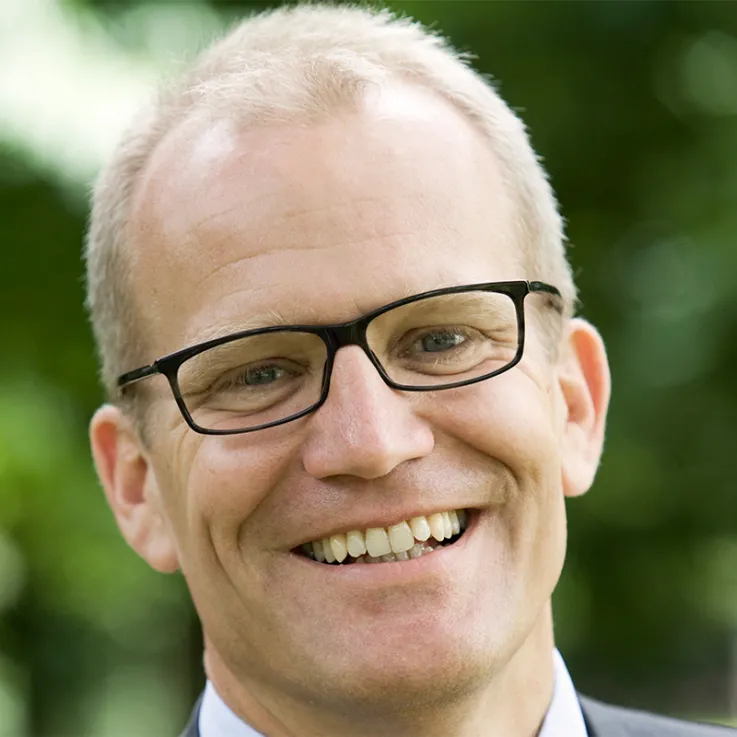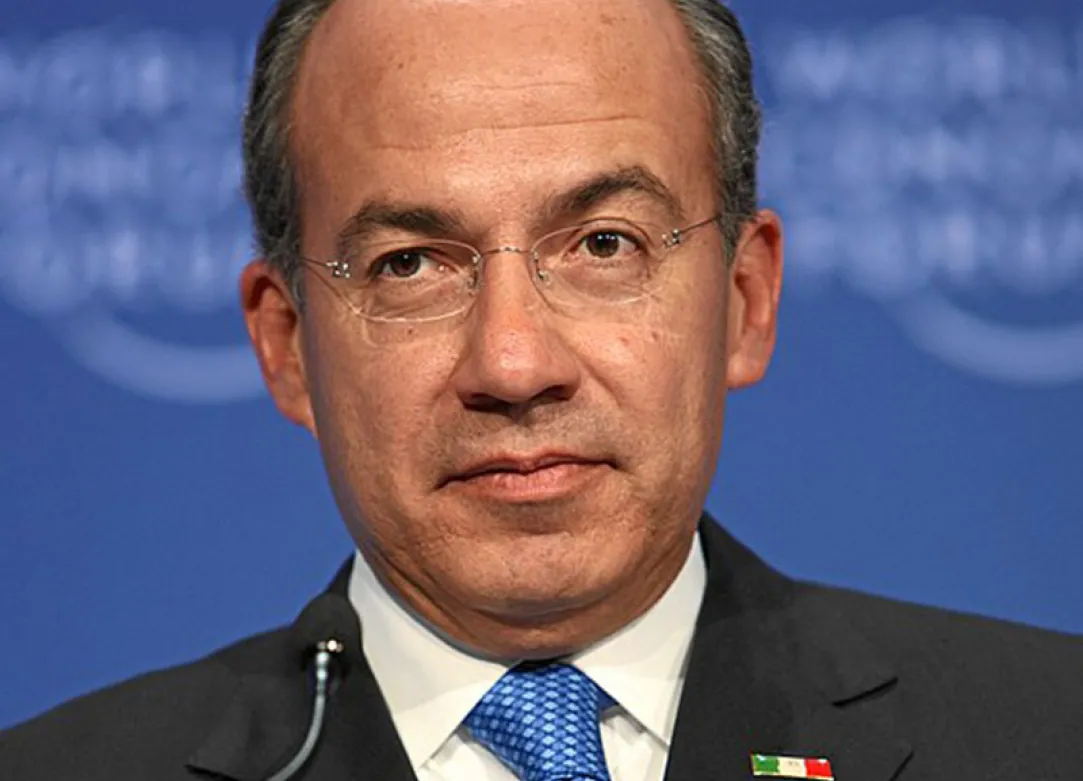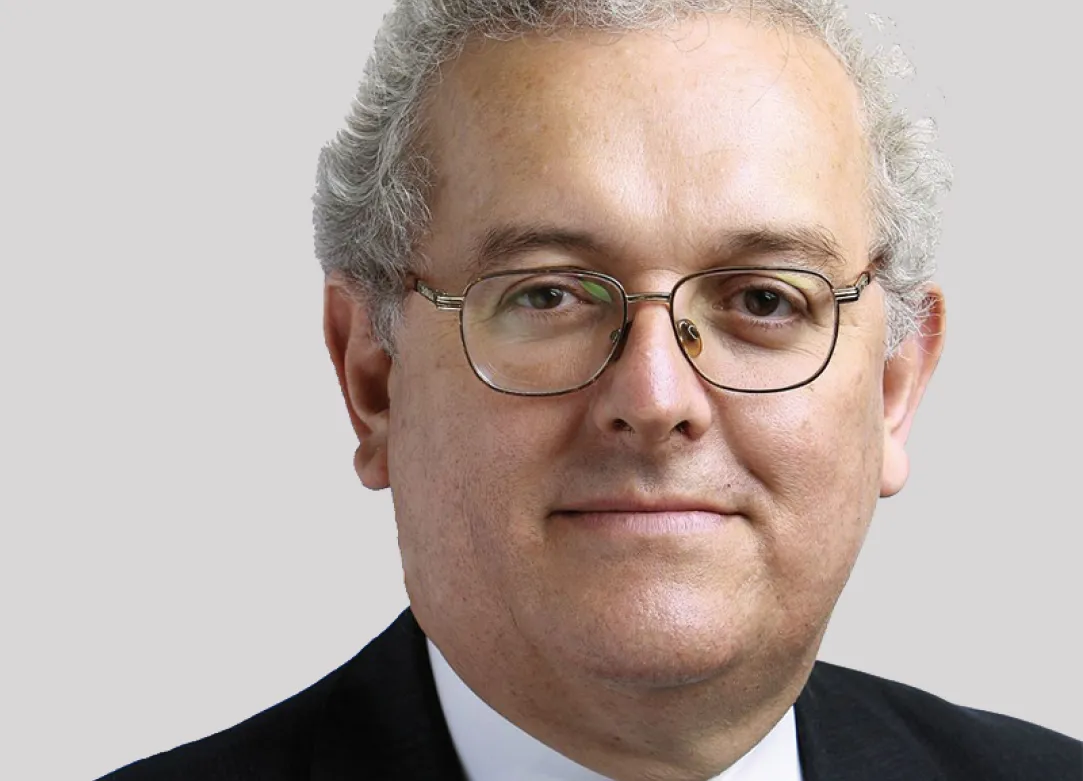Dag Detter is a Fellow at Legatum Institute and Managing Director of Detter & Co.
Dag is specialized on public commercial assets and works as an advisor to local and nation-al governments, investors and international financial institutions to help unlock public wealth. As the former President of Stattum, the Swedish government holding company and Director at the Ministry of Industry responsible for government owned enterprises, he led the com-prehensive restructuring of the national government portfolio.
The former investment banker and advisor to the private equity sector has also served as an advisor to international financial institutions such as IMF and the World Bank, as well as served as Non-Executive Director on a range of boards of private and public companies.
Dag is the co-author of The Public Wealth of Nations; The Economist – Books of the year 2015 and The FT’s best books of the year 2015.




